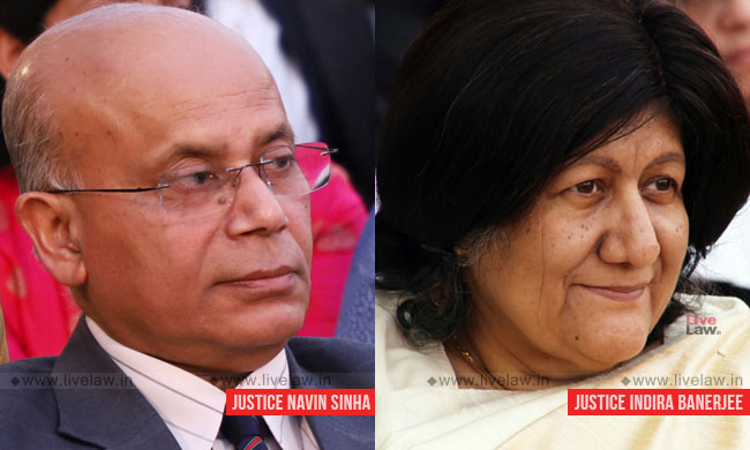When the acceptor puts in a new condition while accepting the contract already signed by the proposer, the contract is not complete until the proposer accepts that condition, the Supreme Court observed while setting aside a High Court judgment on Tuesday.The bench comprising Justices Navin Sinha and Indira Banerjee observed that the High Court overlooked Section 7 of the Contract Act...

